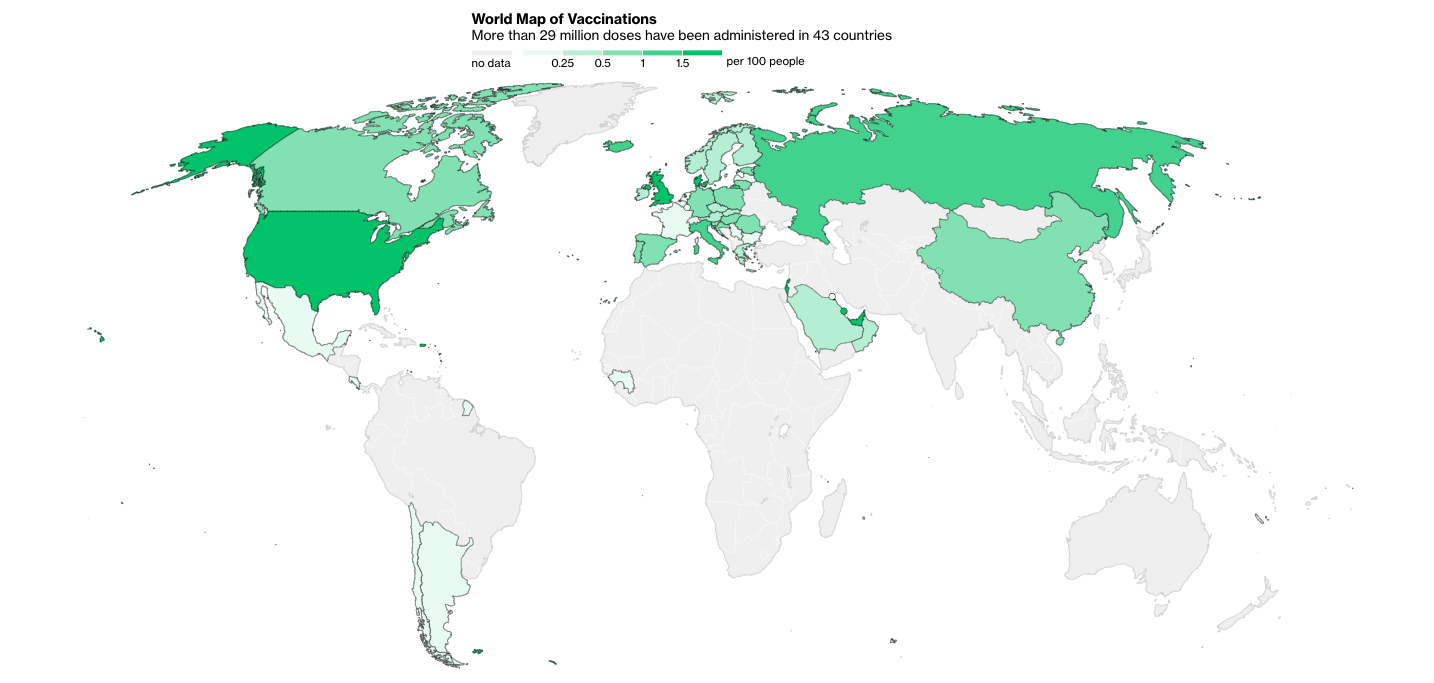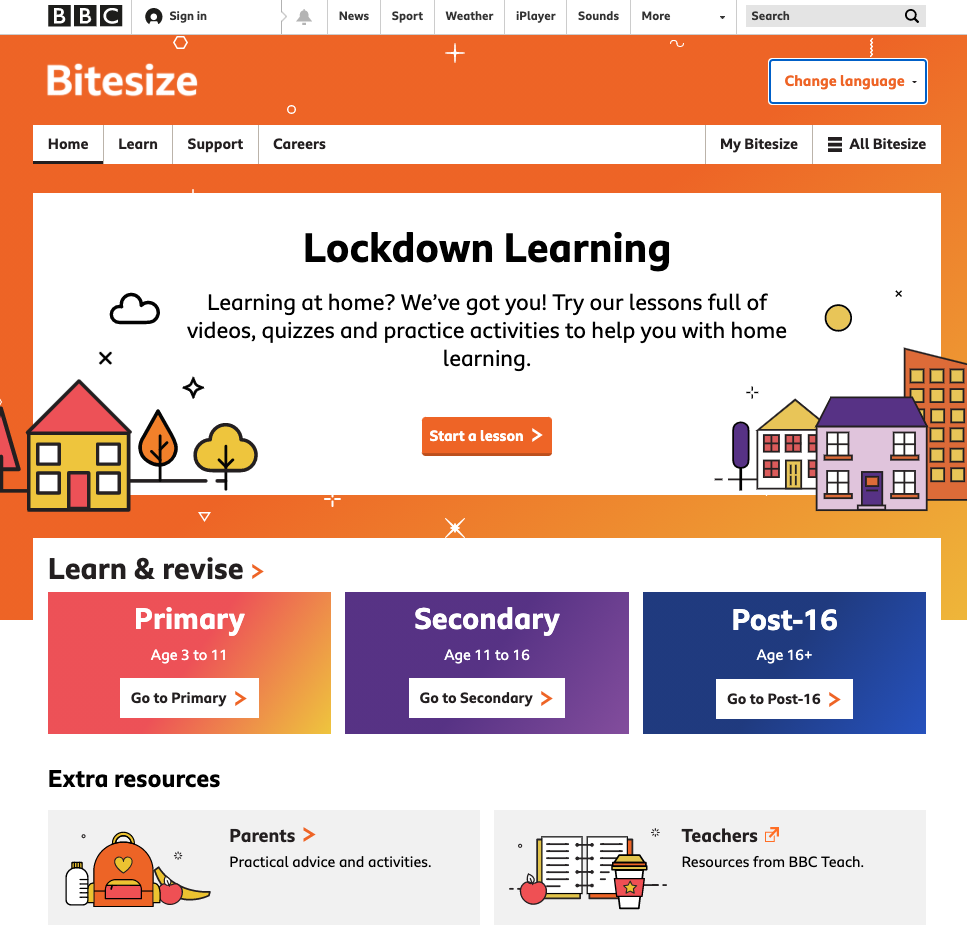The Week Kick-off: Regulation, regulation, regulation
Welcome to The Week Kick-off: FIPP’s weekly round-up of key media, tech and research trends, as administered by way of short doses of media truths from around the global industry. It’s been a week of reckoning for the sector, in which many newsfeed platforms have been making the news headlines themselves, so let’s dive right in and at this moment in time, there can only be one place to start…
Trump’s spotlight burns out in flames of insurrection
By now it can’t have escaped anybody’s attention that outgoing US President, Donald Trump, has been banned from just about every mainstream social media network known to man, including Facebook, Instagram, Twitter, and Snapchat. The boycott extends far beyond the realms of social, and into wider digital platforms such as YouTube, Twitch, Shopify, and GoFundMe, as well as high profile event industry relationships including those with the PGA and in his home city of New York.
On Wednesday, Twitter CEO Jack Dorsey, took to the platform to state: “I believe this was the right decision for Twitter. We faced an extraordinary and untenable circumstance, forcing us to focus all of our actions on public safety,” but added, “Having to take these actions fragments the public conversation. They divide us. They limit the potential for clarification, redemption, and learning. And sets a precedent I feel is dangerous.”
Regulation, regulation, regulation
It’s also no secret that the Trump affair serves to highlight the wider issues surrounding the social media sector today. In response to the attack the world witnessed in real-time on the United States Capitol, FIPP CEO James Hewes emphasised that for him, these issues are less to do with free speech and more about the obvious need for digital platforms to be regulated as publishers. You can read his words in an open letter here.
More broadly, regulation of social media is an issue that has notably dominated the headlines in recent days, with stories including:
- Right-wing platform Parler booted from Amazon, Apple, and Google within the space of little more than 24hrs.
- Continuing criticism of WhatsApp’s updated privacy rules, including from the likes of Apple and Elon Musk.
- An Ugandan Presidential Election that has seen a social media switchoff in the run-up to the vote.
Bloomberg Covid tracker
As social media evolution turns increasingly to political revolution, we are reminded of the importance of more traditional forms of media, particularly during the time of Covid. One such example is Bloomberg’s Covid Tracker. The site provides regularly updated figures relating to cases, hospitalisations, vaccinations and more, analysing key statistics from across the US and around the world. As we begin a 2021 that has for many so far shown little improvement upon its predecessor, it’s a timely reminder of the important role that the press can play in bringing facts and reality to often confusing times.

Education, education, education
And as if the provision of factual information wasn’t enough, the BBC has gone a step further by bringing televised education to children across the UK. On Monday 11th January, the broadcaster kicked off its lockdown learning programme. The service will run three hours of programming on CBBC every weekday between 9am – 12pm, with further shows being made available for older children on BBC2 between 1pm – 3pm. Celebrities such as Marcus Rashford – a Manchester United footballer who has been instrumental in campaigning for free school meals for children across the country during lockdown – have been drafted in to help augment the classes.
This, of course, is bread and butter to an organisation like the BBC, which to this day is still defined as a public service broadcaster that seeks to ‘inform, educate, and entertain’. The programming will also be available for streaming via the BBC iPlayer, and pupils can access BBC Bitesize courses online.

And from FIPP this week…
For our part, last week saw the first FIPP Insider webinar of the season, as we took a varied look at how media companies can expect to/will attempt to bounceback from Covid in 2021. FIPP is particularly excited this week to be rolling out the latest in our range of professional training programmes, which provide a best-in-class approach to different areas of the media industry. The next training session will take place this Tuesday 19th January, and provide comprehensive insight into how to effectively plan and execute successful virtual events. You can find out more here.








